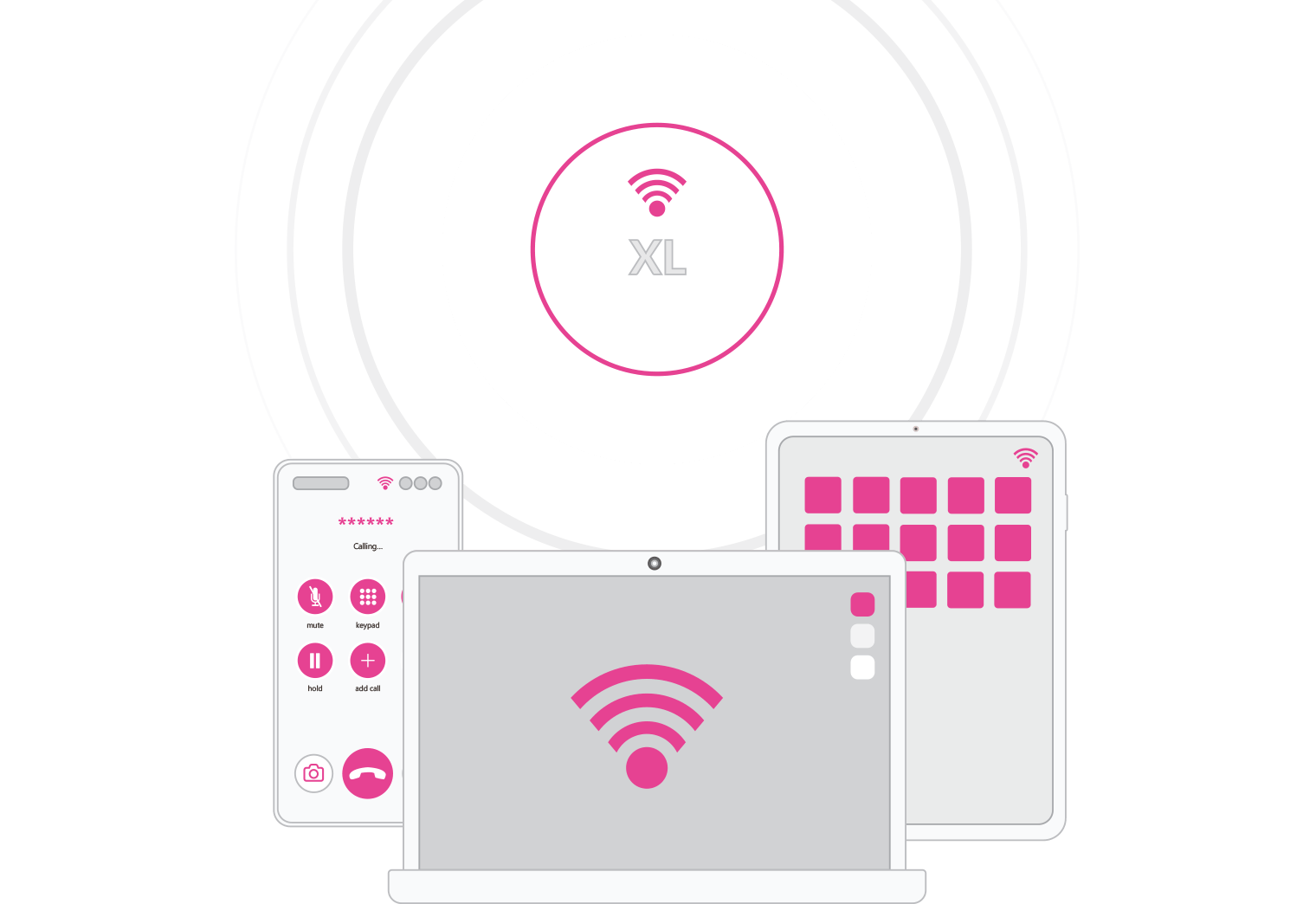The ever-evolving advancements in connectivity play a crucial role in shaping our digital experiences. The latest trend in the world of wireless networking is WiFi 7 (802.11be), the latest generation of wireless technology, promising improved performance and faster speeds than ever before. In this blog post, we'll explore what WiFi 7 is all about and help you determine whether you really need it.
Key Features of WiFi 7
Speed
WiFi 7 is expected to provide significantly faster speeds compared to its predecessors. While WiFi 6 can reach speeds of 9.6 Gbps, WiFi 7 is expected to have a maximum speed of 46 Gbps per client! This is achieved through more advanced modulation techniques and channel bonding.
Efficiency
The WiFi 7 standard brings improved efficiency , achieved through better channel management and enhanced multi-user capabilities.
In short, it is designed to handle a much higher number of devices simultaneously, making it ideal for high-density environments, such as hospitality venues, offices, and public spaces.
Reduced Latency
WiFi 7 aims to reduce latency, ensuring a more responsive and seamless user experience. This is particularly important for applications like online gaming and video conferencing, where low latency is essential for a seamless user experience.
Enhanced Security
With each new WiFi generation, there is a focus on strengthening security protocols. WiFi 7 is expected to introduce new security features to protect against evolving cyber threats, ensuring a safer wireless environment for users.
Increased Channel Widths
WiFi 6E introduced an expansion of channel bandwidth in the 5 GHz band to 160 MHz wide, but, with the new spectrum in the 6 GHz band that WiFi 7 offers, it is doubled to reach 320 MHz.
Do I Need WiFi 7?
High-Density Environments
If you live in a densely populated area or work in an environment with numerous connected devices, WiFi 7's improved efficiency in handling multiple connections simultaneously could be a compelling reason to upgrade. Ubiquiti's new U7-PRO access point, for example, can handle over 300 connected devices!
Current Networking Devices
If your networking devices (routers, access points) are relatively new and already support WiFi 6, you may not immediately benefit from upgrading to WiFi 7, however it will future proof your setup.
Although WiFi 7 is backwards compatible and will work alongside your older devices, the full potential of this WiFi standard will only become visible when connecting two WiFi 7 devices to one another.
Current Smart Home Devices
As the number of IoT devices in your home or office continues to grow, WiFi 7's ability to effectively manage a large number of devices simultaneously becomes valuable. This is particularly relevant for smart homes where various devices (from smart door locks to speakers to security cameras) rely on a stable and robust WiFi connection.
Internet Speed
WiFi 7 is designed to deliver significantly faster data transfer speeds compared to previous generations. If you have a high-speed internet connection and engage in data intensive activities (large downloads, 4K video streaming, online gaming), WiFi 7 can provide a more responsive and smoother experience.
On the other hand, it is important to consider your current internet plan as it might not offer speeds close to what WiFi 7 can support, which means upgrading your router may not make much difference in your everyday usage.
Summary
WiFi 7 represents an exciting step in wireless technology, offering faster speeds, improved efficiency, and enhanced performance. The decision to upgrade ultimately depends on your specific needs, the devices you own, and the internet speeds available in your area.
It's important to assess whether the benefits align with your current usage requirements before upgrading to WiFi 7, but if you're planning to upgrade regardless, you will ensure you future proof your setup for much longer.
As with any technological advancement, it will take some time for existing devices to be certified and new firmware and software to catch up, however you can definitely see improvements from upgrading to the new standard today.


